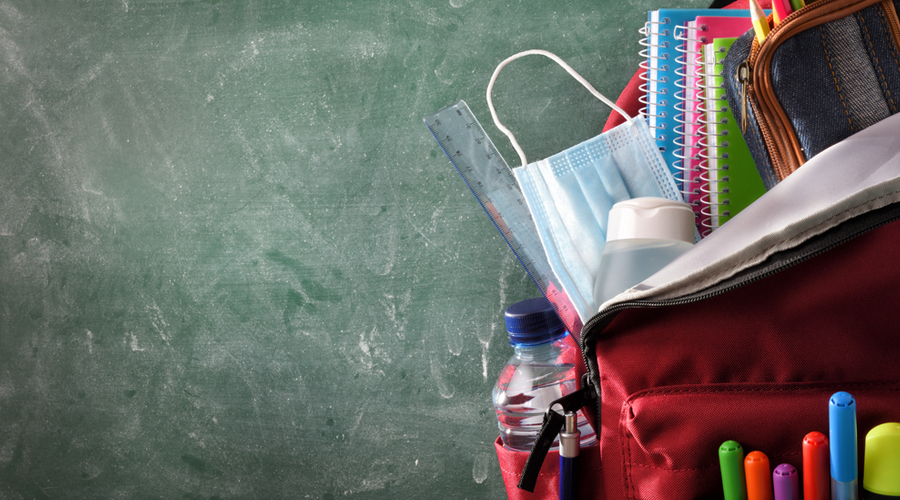The long stay away from school — since March 2020 — has impacted schoolgirls’ access to sanitary pads, especially on the city’s outskirts and in districts, heads of several schools said.
Schools had vending machines or organisations visit them to distribute sanitary pads and the girls would be comfortable taking pads for free or at subsidised rates. Now, with the livelihoods of many families being hit, the parents cannot afford to buy pads.
Teachers fear the girls have slipped into unhygienic ways and the long stay away from school is not only taking a toll on their academic progress but also limiting their social development.
Many girls used to rely on scraps of cloth. The schools conducted hygiene workshops and counselled them about using pads. “For many of our girls in the village, it is not easy to buy a packet from the store because there are boys around with curious eyes and hence they felt comfortable taking it from school,” said Murshida Khatun, the headmistress of Debkunda Sk. Abdur Razzak Memorial Girls High Madarsah in Murshidabad’s Beldanga block.
The school had installed a vending machine and Khatun said a large bag of 5,000 pads have been lying on the premises since March last year.
“The workshops and the availability of pads made the girls realise the convenience of using it,” said Khatun.
But with the pandemic, the financial condition of the girls’ families has deteriorated sharply and pads have become an item of “luxury”.
“When livelihood is at stake, parents cannot spare money for hygiene,” said Khatun.
A school headmistress in Howrah said 60 per cent of girls in her school have parents who work as domestic help or are daily wage earners.
“Many don’t have phones to attend classes and some of them have also told their class teachers that they cannot buy pads now. Before the pandemic, organisations would come to the school and distribute sanitary napkins but now, we cannot call the girls,” said Subhra Chakraborty, the headmistress of Howrah Jogesh Chandra Girls School.
Chakraborty said an organisation contacted them recently and wanted to distribute pads with the ration for midday meals.
Teachers, however, cited the difficulties of contacting the girls in the pandemic. “Many families have migrated to other places or the girls have been sent to villages. We have lost contact with many of our girls,” said Pritha Goswami, the headmistress at Kasba Balika Vidyalaya.
The crisis is worse in the villages where access is even more limited.
A headmaster was conducting a relief camp in the Sunderbans after Cyclone Yaas when he saw a girl waiting. “Just as we were to wrap up, the girl walked up to me and very softly asked if we had sanitary pads to give her. That is the kind of need these girls have but don’t have the money to buy,” said Chandan Maity, the headmaster of Krishnachandrapur High School in Mathurapur in South 24-Parganas.
School heads also feel that for many girls the unavailability of pads would make them fall out of practice of using it and some would not be even introduced to its use.










